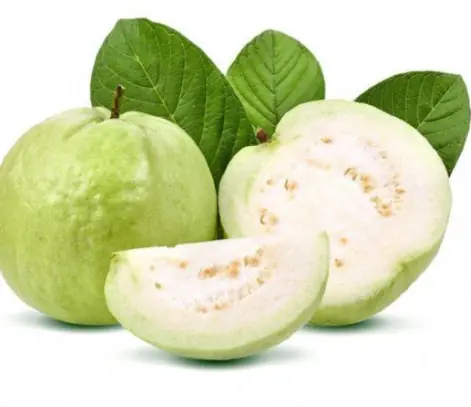
Closing the Gas Valve: Before or After Turning Off the Stove?
Closing the Gas Valve: Before or After Turning Off the Stove?
When it comes to gas safety in the kitchen, a common question arises: Should you close the gas valve before or after turning off the stove? This debate has sparked discussions among homeowners and experts alike, as both methods have their own reasoning and implications. Understanding the safest approach can help prevent gas leaks, reduce risks, and improve overall kitchen safety.
Understanding the Gas Flow Mechanism

Gas stoves operate by allowing fuel to flow from the gas supply to the burner, where it is ignited. When you turn off the stove using its knob, the gas flow to the burner stops, but gas may still remain in the supply hose or pipe leading to the stove. If there is a minor leak or malfunction in the stove’s valve, residual gas could slowly escape into the kitchen, posing a safety hazard.
The Case for Closing the Gas Valve First
Some safety experts argue that closing the gas valve before turning off the stove is a better practice. Here’s why:
-
Prevents Gas Accumulation – By shutting off the gas supply first, you eliminate the risk of any residual gas escaping after turning off the stove.
-
Minimizes Valve Wear and Tear – Gas stove knobs and internal valves may develop leaks over time. By closing the main gas valve first, you avoid relying solely on the stove’s internal mechanism.
-
Extra Layer of Safety – In households with children or elderly individuals, accidental knob turning can occur. A closed gas valve ensures that no gas is released unexpectedly.
The Argument for Turning Off the Stove First
On the other hand, some people believe that turning off the stove first is more practical and safer in everyday use:
-
Prevents Unburned Gas Release – If you close the gas valve first, any unburned gas trapped in the pipe may escape before the flame goes out, leading to a temporary gas odor.
-
Consistent Stove Operation – If the gas valve is closed first and then reopened later, it may cause minor pressure fluctuations, affecting the stove’s performance.
-
Common Household Practice – Many households are accustomed to turning off the stove first as it is the standard way of operating gas appliances.
Recommended Best Practice
For maximum safety, experts suggest the following approach:
-
Turn off the stove using its knob first – This ensures that all active gas in the burner is burned off completely.
-
Close the gas valve after use – This adds an extra layer of security by preventing any unnoticed gas leaks.
-
Regularly check for gas leaks – Using soapy water or a gas leak detector can help identify leaks in the stove, pipes, or connections.
-
Ensure proper ventilation – Keeping your kitchen well-ventilated reduces the risk of gas buildup in case of a minor leak.
Conclusion
While both methods have their advantages, turning off the stove first and then closing the gas valve is generally considered the safest and most effective approach. This method prevents the release of unburned gas while also ensuring that no gas leaks occur when the stove is not in use. Ultimately, consistent safety checks and proper gas handling practices are crucial for a safe kitchen environment.
News in the same category


Why Placing Ginger by Your Bedside Can Benefit Your Health

Can Lemon Seeds Really Save a Snakebite Victim in One Minute? Doctors Warn Against a Dangerous Myth
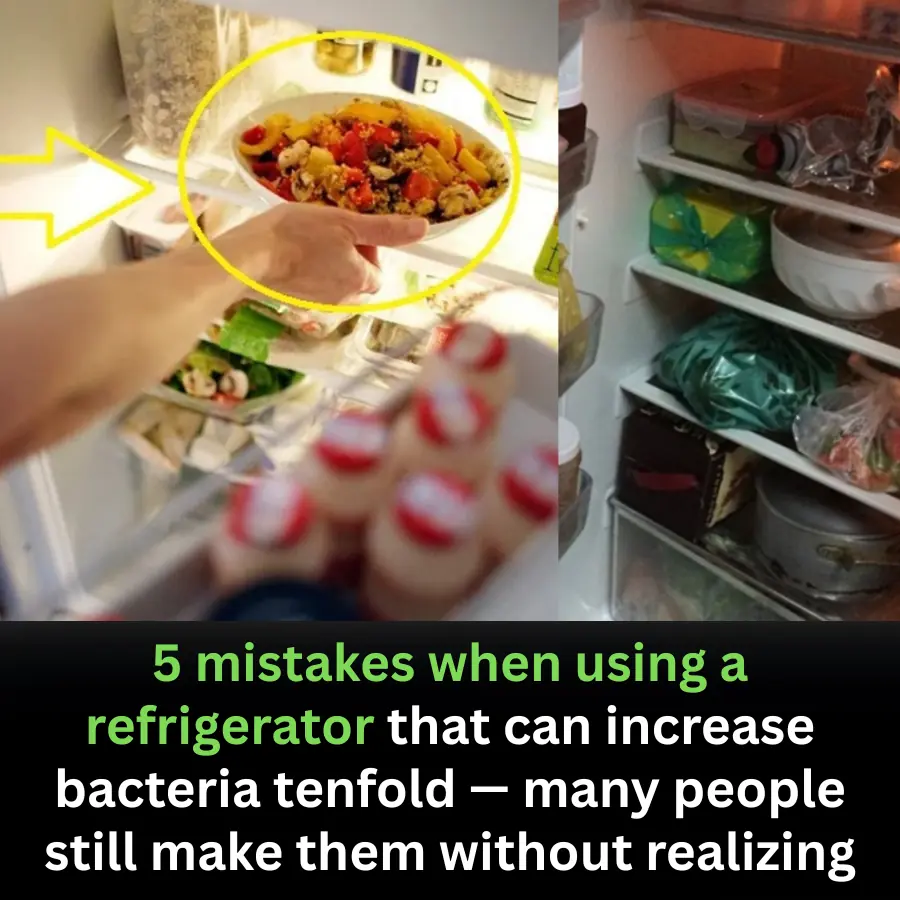
5 Common Refrigerator Mistakes That Can Multiply Bacteria by 10 Times
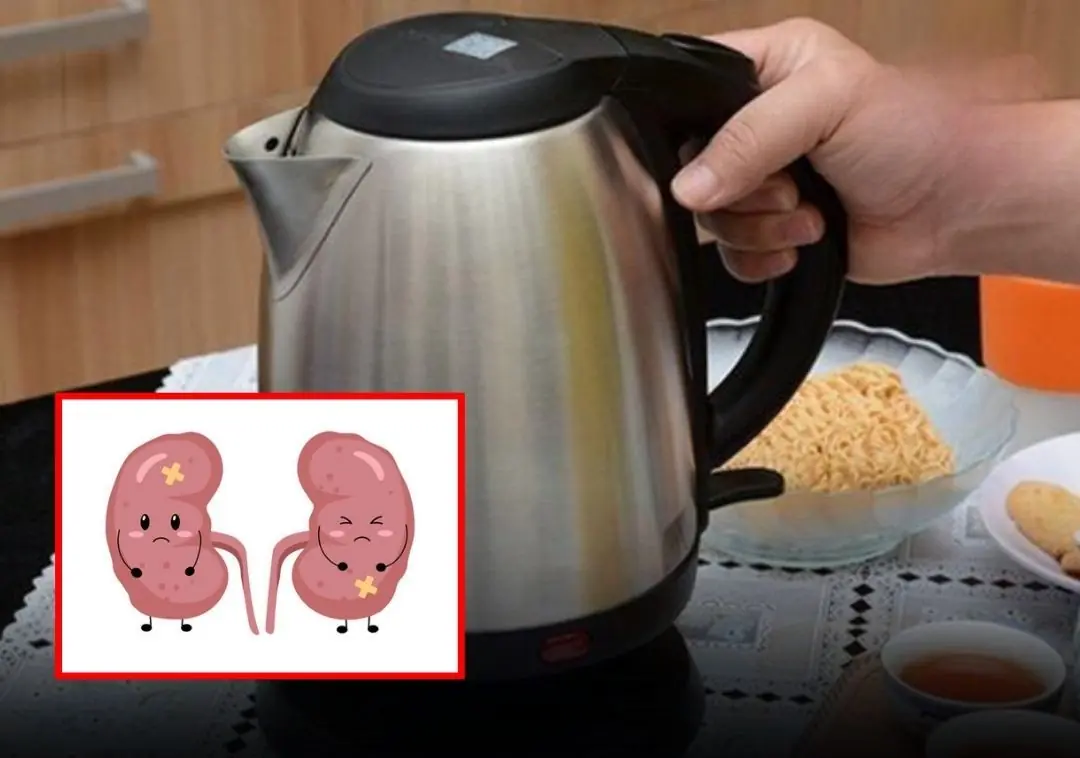
A Common Mistake Countless Families Don’t Even Know They’re Making

In winter, drying thick clothes is a slow process—and sometimes, they end up smelling bad.

The real electricity th.ief in your home

Scientists Finally Reveal a Sho:cking Answer to the ’Chicken-or-Egg’ Dilemma

Two-Way Mirrors: The Privacy Risks Most People Don’t See

Put ginger next to your pillow when sleeping: A simple secret for good health and sleep

Why do dogs ba.rk and bi.te some people but not others? There's always a reason!
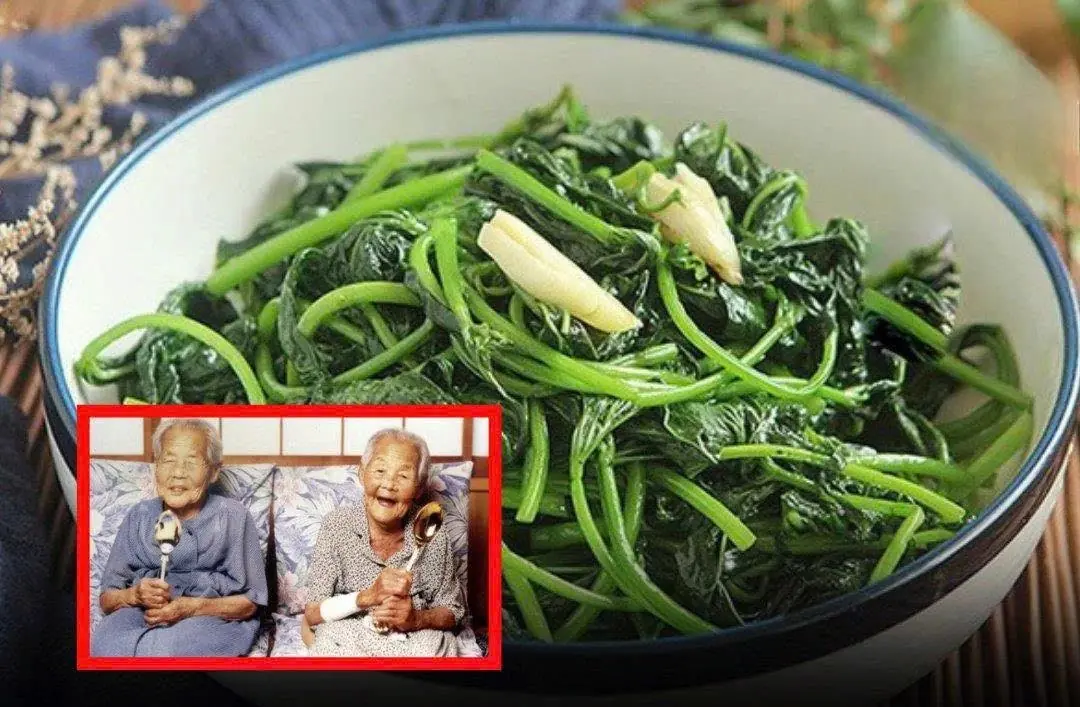
Packed with powerful nutrients, these 3 humble vegetables are hailed in Japan

The small button on your phone that connects to Wi-Fi automatically: No password needed, no mobile data used — what’s the truth?

Applying Medicated Oil to the Soles Before Sleep: A Traditional Practice with Potential Benefits

When a lizard visits your house that’s a sign...

Even if you remain single forever, never marry a man from these 4 types of families

You Sleep on It Every Night — But Could It Be Exposing You to Toxins?

Out at Night and See This Scene? Don’t Get Closer

The Anti-Can:cer Vegetable Ranked Best in the World by U.S. Experts
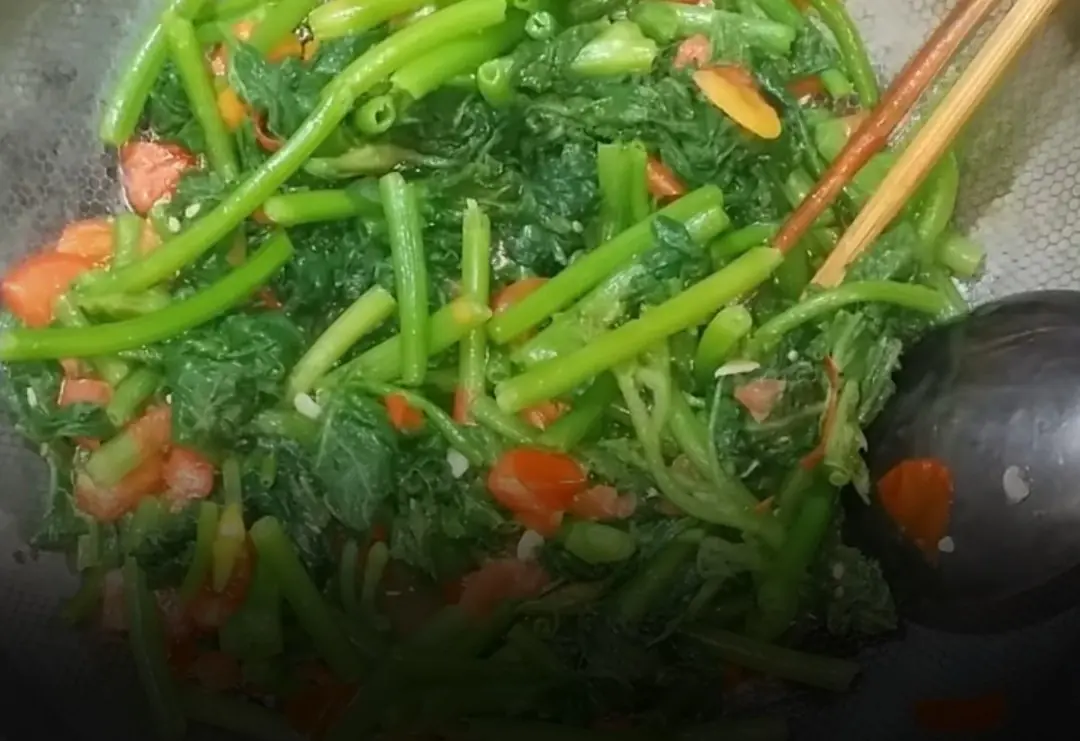
3 vegetables that may cause can.cer avoid them now
News Post

Strawberry Crunch Cheesecake Cones

Crispy Fried Ice Cream with Strawberries & Chocolate Sauce

Warning: Pain in These 3 Spots Might Be a Sign of Lung Ca.ncer

Your Legs Could Be Sending a Pancreatic Cancer Warning — 4 Signs to Watch

20-Year-Old Teacher Dies of Liver Can.cer Doctors Say Unusual Odors in 3 Areas May Be a Warning Sign of Li.ver Failure
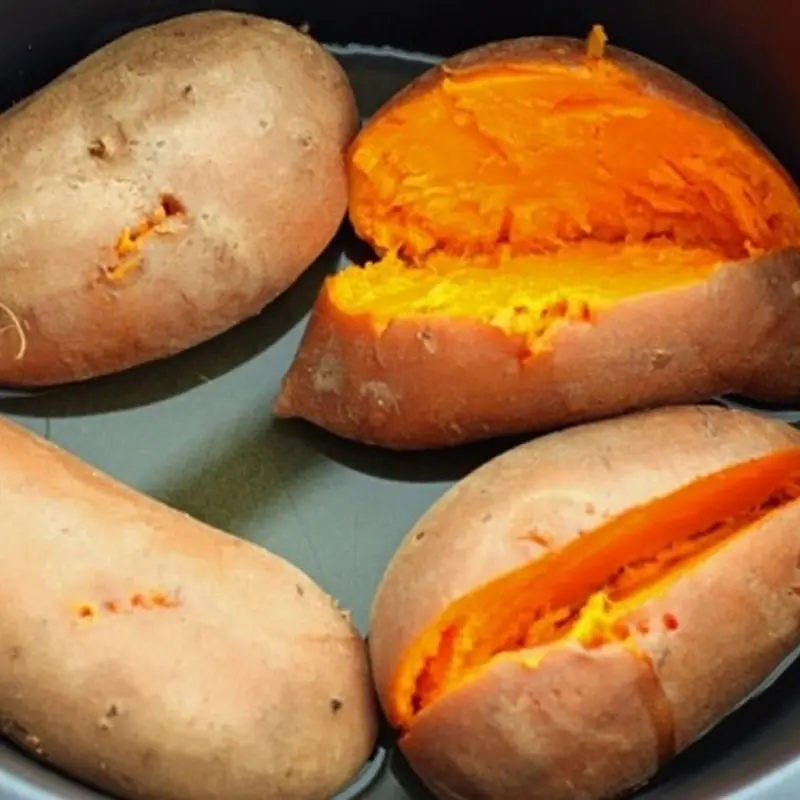
Sweet Potatoes Aren’t Always “Healthy” the Way You Think — Here’s Why

5 Dan.gerous Times You Should Avoid Showering - For the Sake of Your Health

Amazing Health Benefits of Chicken Feet You Should Know

Sweet potato lovers should read this article - it will change your life Knowing this now is not too late!
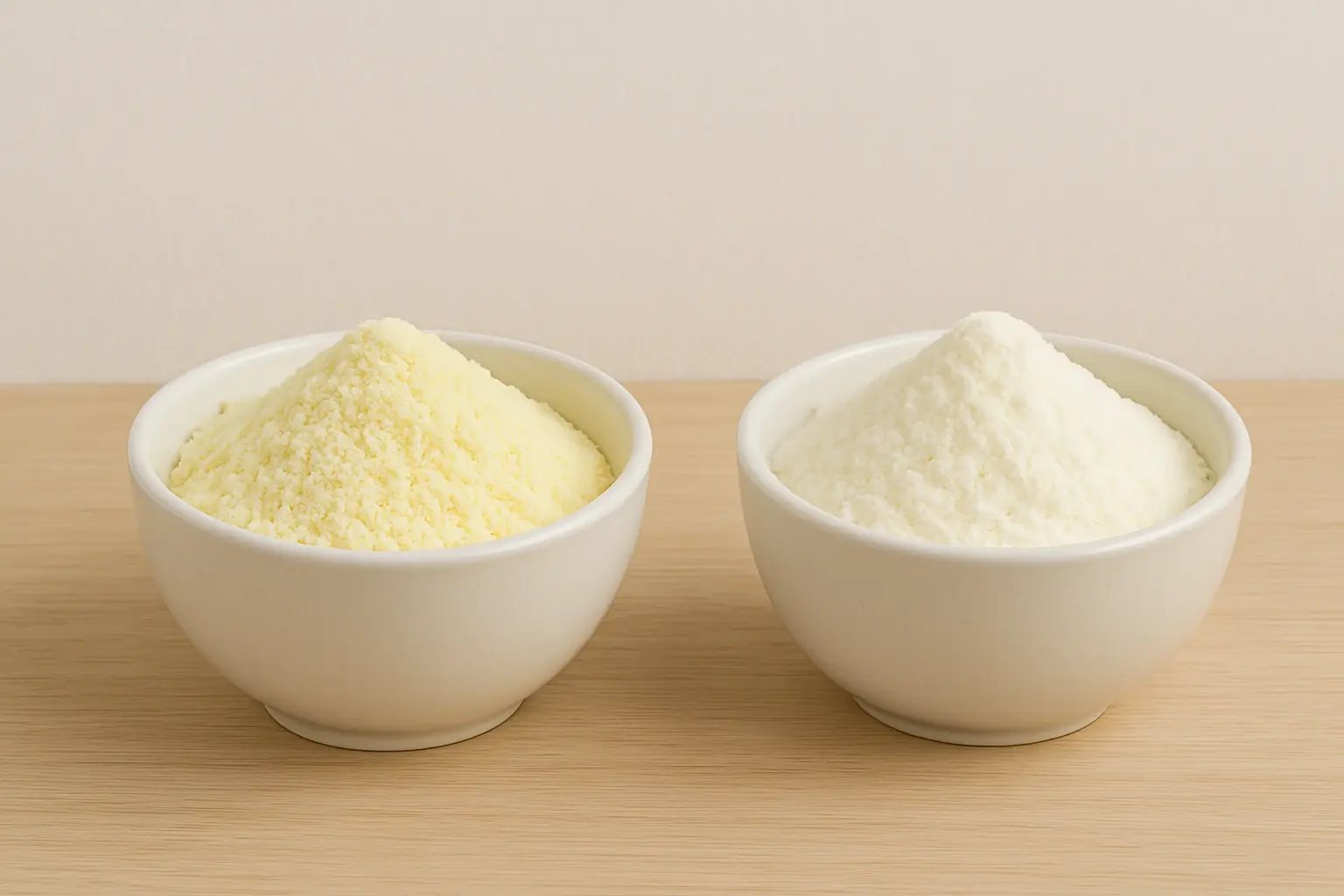
How to Tell Real Baby Formula from Fake: What Every Parent Needs to Know

The Tiny Seat Belt Button You’ve Probably Never Noticed — Here’s What It’s For

The Hidden Power of Orange Peels: A Forgotten Treasure You Shouldn’t Throw Away

The Food That Rejuvenates Skin from the Inside: One Bowl Is Better Than 10 Face Masks
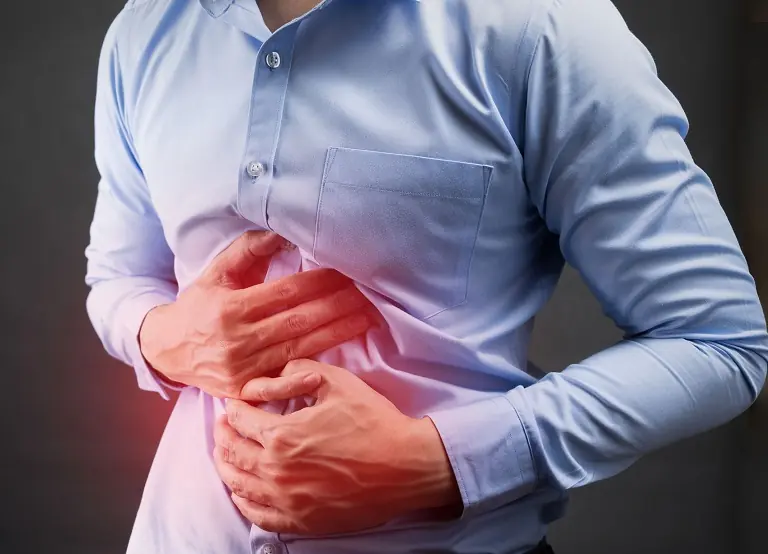
5 early can.cer symptoms experts say are commonly ignored

Croissant Breakfast Plate with Scrambled Eggs & Avocado
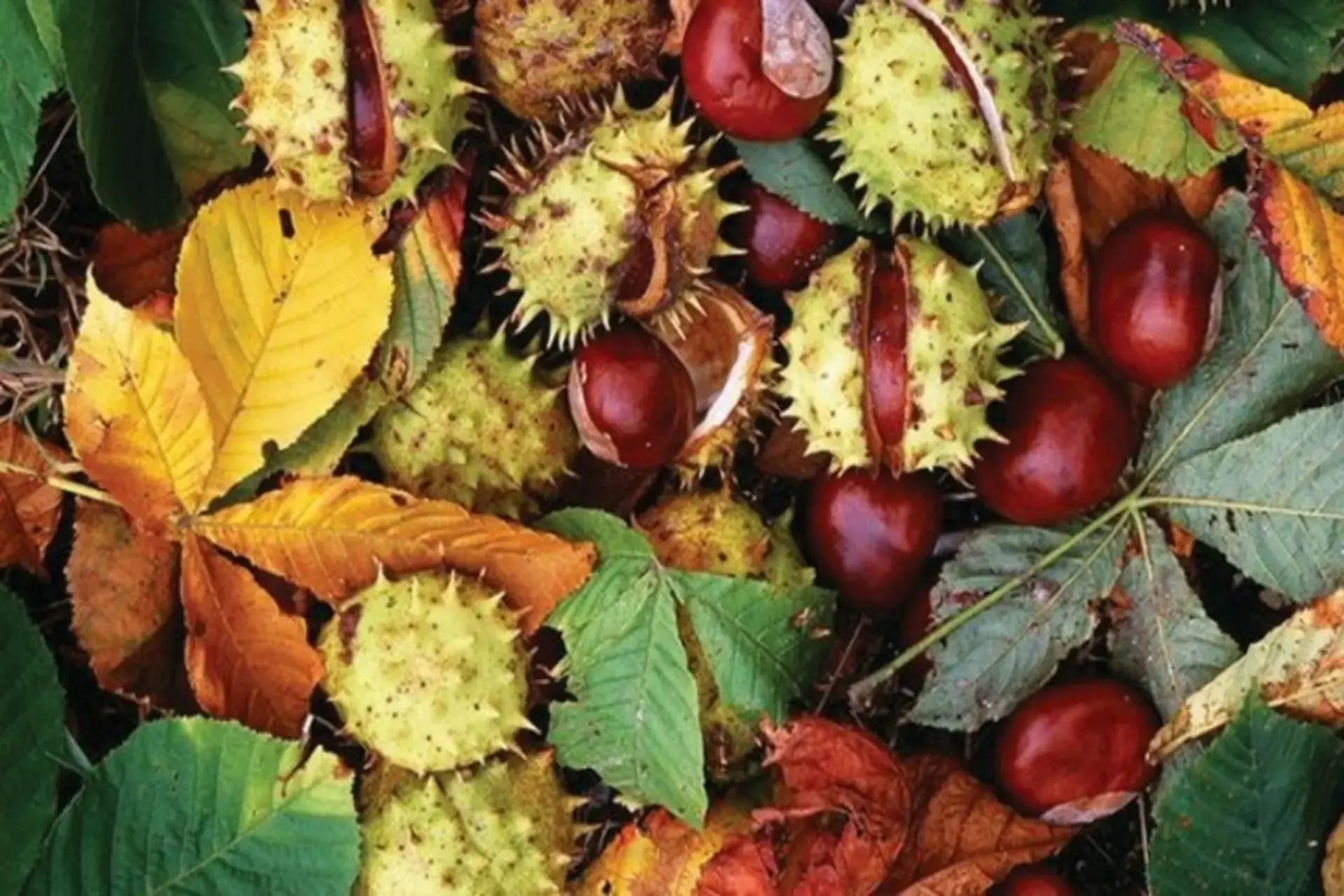
Why Horse Chestnut Is So Effective for Swollen Legs
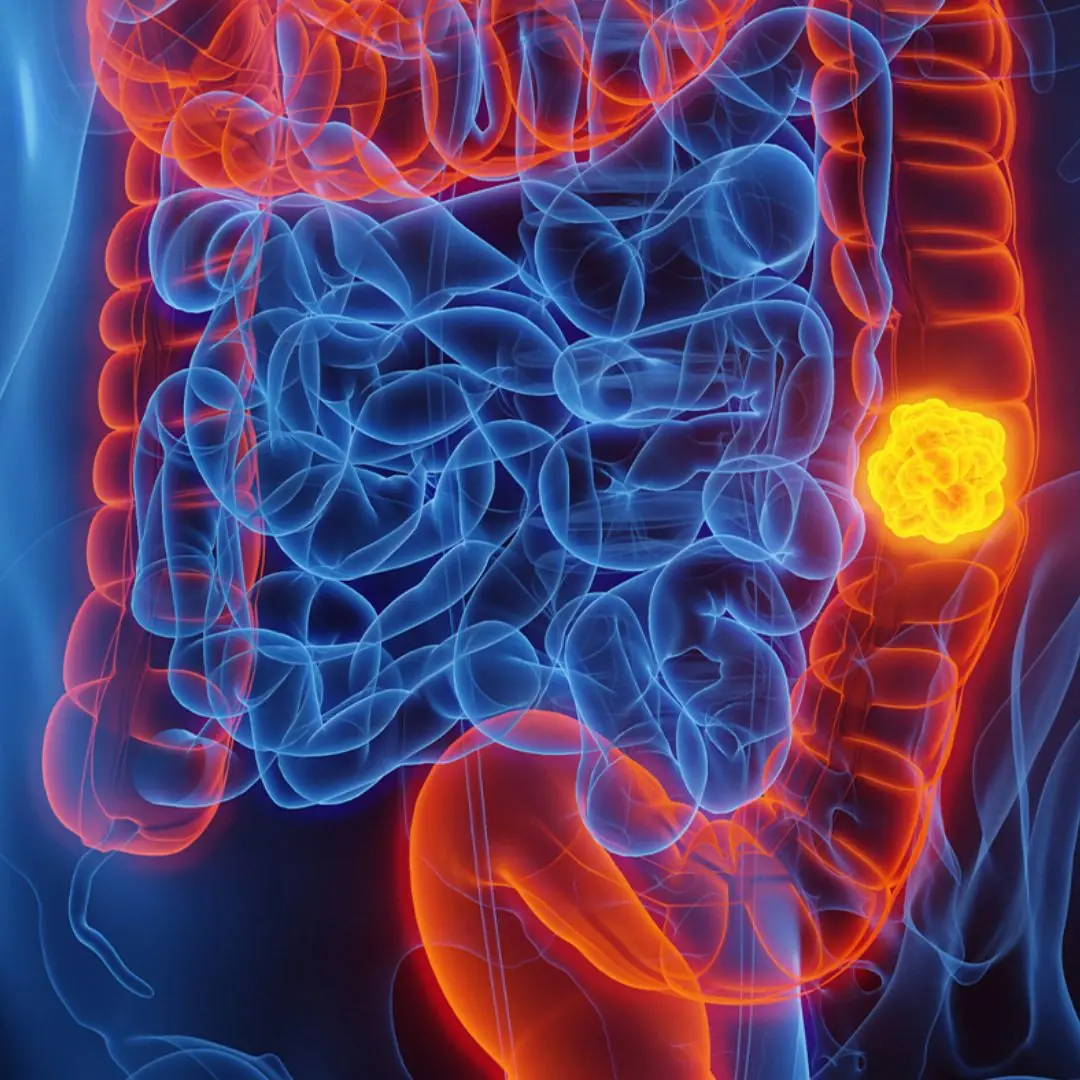
She Thought It Was Nothing: Woman with Stage - Four Colon Cancer Reveals 5 Symptoms She Overlooked

Refreshing Peach Lemonade

Have you noticed small white spots on your arms or legs… and you don't know what they are?
